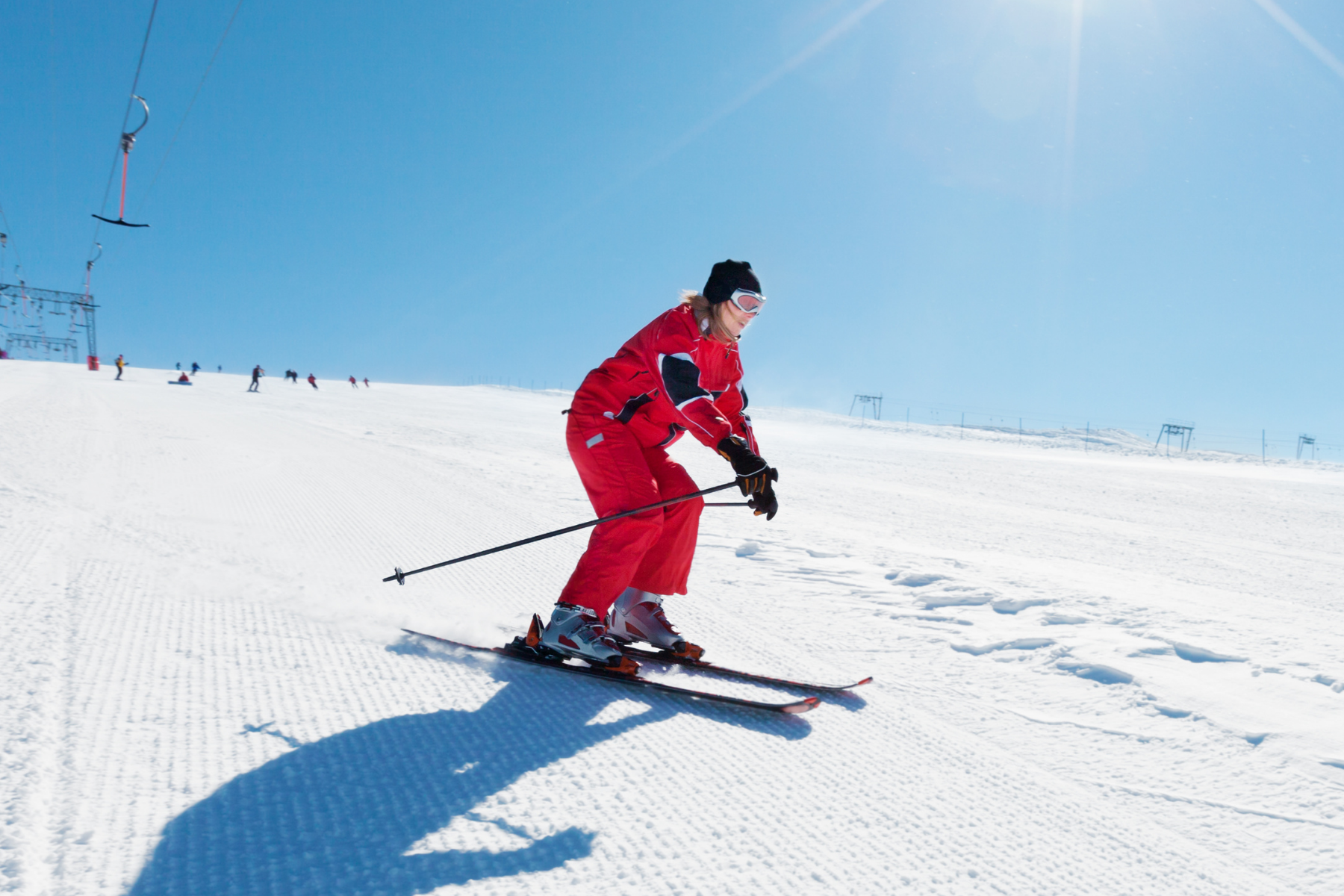If you are struggling with lower back pain that radiates down your leg, you might have hit the internet searching for answers, only to find the terms “sciatica” and “herniated disc” discussed frequently. This is because both conditions can cause debilitating back...
You open your eyes, stretch, and sit up, ready to start the day. But the moment your feet hit the floor, a sharp or aching pain shoots through your heels, arches, or the balls of your feet. Morning should feel refreshing, yet instead, you find yourself hobbling to the...
Are you a fitness enthusiast or a dedicated athlete who has suddenly been sidelined by a nagging, persistent pain in your calf and ankle? That sharp or aching sensation that flares up during or after activity could be the result of Achilles tendonitis. The Achilles...
Don’t Let Your Health Go Downhill

By Jeffrey Malumed, M.D., orthopaedic surgeon and former team physician for the U.S. Olympic Ski Team
Old Man Winter’s time has come and with his icy cold arrival comes ski season. Local ski enthusiasts will pack up the car for the Poconos. Some will even venture north, west or even overseas to higher elevations. While it’s great exercise and exhilarating fun, skiing comes with innate risks.
Below are some easy-to-follow safety tips and a list of common injuries we see from skiers.
1. Be Prepared
Snow skiing is hard work. It requires strength, balance, and vision. Being prepared is key!
Be sure you are in skiing shape before hitting the slopes. Make certain your legs are in stretched out and strong. If your quads, hamstrings, and calves aren’t strong your knees could buckle, resulting in a fall.
Make sure you do some cardio before hitting the mountain. As you reach higher elevations the atmosphere thins, stressing your cardiovascular system. Having good cardiovascular health is key to enjoying the rigors of going downhill.
Stay hydrated. The increased altitude also speeds up dehydration. Like any athlete staying hydrated helps you perform at your best.
2. Common Injuries
No amount of preparation can prevent every injury. Here are three of the most common ski injuries we see in the office and ways to avoid them.
- Knee injuries: Torn ligaments and cartilage are the most common knee injuries we see. This is mostly due to the immobility of ski boots. A wrong turn, a misplaced ski, hitting a mogul wrong, or colliding with a stationary object or another skier all can result in force transmitting up from the foot and ankle and injuring the knee. Do your best when falling to not get your ski or lower leg stuck in a compromising position.
- Skier’s Thumb: Holding a ski pole can help you stay balanced but has no advantage to a falling skier. It can contribute to injury. When a falling skier hits the ground with their ski pole in hand it sometimes wedges between the thumb and index finger, tearing ligaments and chipping off bone. It is best to drop your poles when you are bracing for impact.
- Concussions: Closed-head injuries are another frequent ski injury. Falling or hitting trees or another skier are the most common causes of concussion. Common symptoms of concussion include headache, confusion, dizzinesss, and nausea. The best advice is to always wear a helmet regardless of your skill level.
Snow skiing is one of winter’s true gifts. Each year millions of people around the world enjoy the thrill of racing downhill. I hope the above information helps keep all my skiing friends safe this season.
However, if the injury bug does bite please contact your local Premier Orthopaedics office for an appointment. Our orthopaedic physicians have extensive experience treating skiers of all levels. We will have you back out ready for the chair lift in no time. Call 1-855-ORTHO-24 or visit premierortho.com.
One final note from an experienced skier and orthopaedic surgeon
Under no circumstances should you drink alcohol or use illegal substances before or during skiing. I have seen many instances of folks enjoying adult beverages in the lodge at lunch, only to return to the slopes moments later. This is reckless and can result in injury to you and/or other skiers on the hill. Don’t do it. Ski sober!
